Major- and Minor-Scale Exercises to Improve Your Playing
Learn some really cool major- and minor-scale exercises that can do wonders for your overall playing.
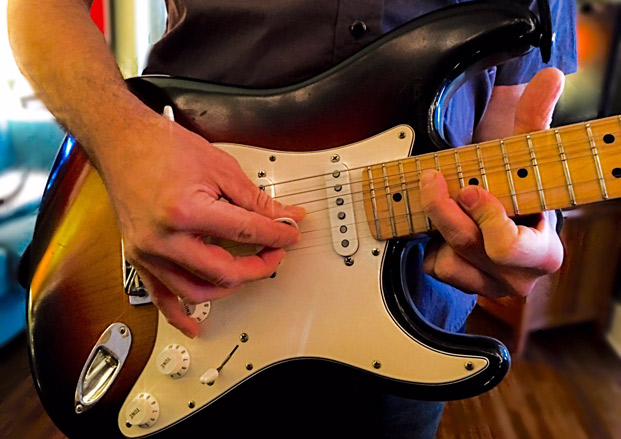
In this column, I'd like to discuss some really cool major- and minor-scale exercises that will help your overall guitar playing on many levels.
EXAMPLES 1 and 2 are a major and a natural minor scale, respectively, over three octaves spanning from the sixth string to the first string.
At first look, it seems harmless enough. But when we analyze it, this exercise presents a few challenges. The rhythm starts out as triplets played legato with hammer-ons. But in the second measure, the rhythm changes to 16th notes played legato with the pinky slide into the next triplet. Although this may seem simple, it is not easy.
This little exercise works on accuracy. I suggest playing without an amp so you can really dig in and hear those legato phrases and slides. Make sure the dynamics of every single hammered note and slide are even. It helps to improve your rhythm playing. The changes from triplets to 16ths are really challenging, especially when played with a metronome, hint hint.
This exercise also helps to improve your position switching. The fingerings change with some of the phrases, so you will have to think and look ahead to the next phrase to be accurate.
One of the overlooked aspects of lead guitar playing I stress with my students is knowing the fretboard like the proverbial back of your hand. This exercise will help you to connect the fretboard from one end to the other and break you out of "the box" positions we all get so comfortable with.
And last but certainly not least, you can incorporate a section of these exercises into your lead work for some added flair.
These examples are in G major and G minor, respectively, but since they are moveable scales, I suggest you learn then all over the fretboard using the notes on the sixth string as the roots. Practice them with a metronome, of course.
Now get out there and pick up your guitar and play, just like yesterday! Thanks again for reading and as always any feedback is always welcome and encouraged.
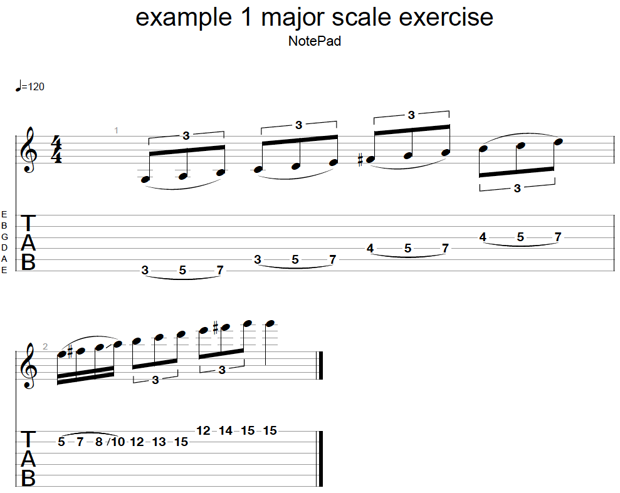
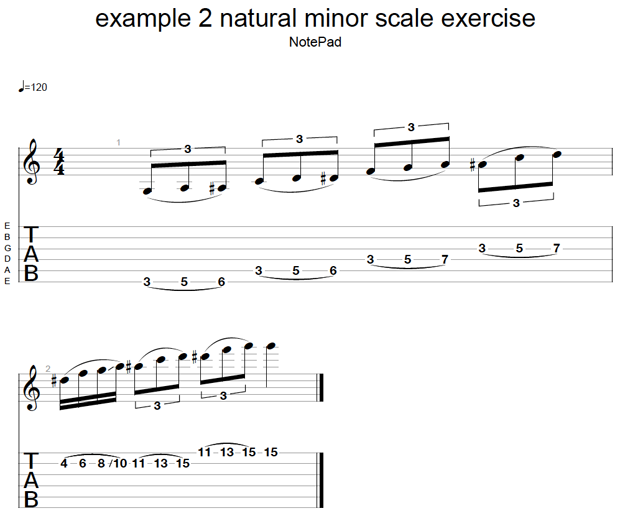
Richard Rossicone is a veteran of the NYC/Long Island original/cover band scene. He's been playing since he was 8, when he attended his first concert (Kiss) and saw Pete Townshend smash a guitar. He has studied with various instructors over the years, which led him to a career in music therapy. He began his educational journey at Queensboro Community College, where the faculty introducing him to classical music. He received his associate's degree in fine arts in 1997 and went on to receive his bachelor's in music therapy in 2001 and his master's in music therapy from New York University in 2004. Richard continued his studies at C.W. Post University, pursuing a second master's degree in classical guitar performance and music history, studying under Harris Becker. He's been teaching guitar, piano and theory since 2002 and in 2006 started his own company, Rossicone Music Studios. Visit him at Axgrinder.com and his Complete Guitarist Facebook page.
Get The Pick Newsletter
All the latest guitar news, interviews, lessons, reviews, deals and more, direct to your inbox!
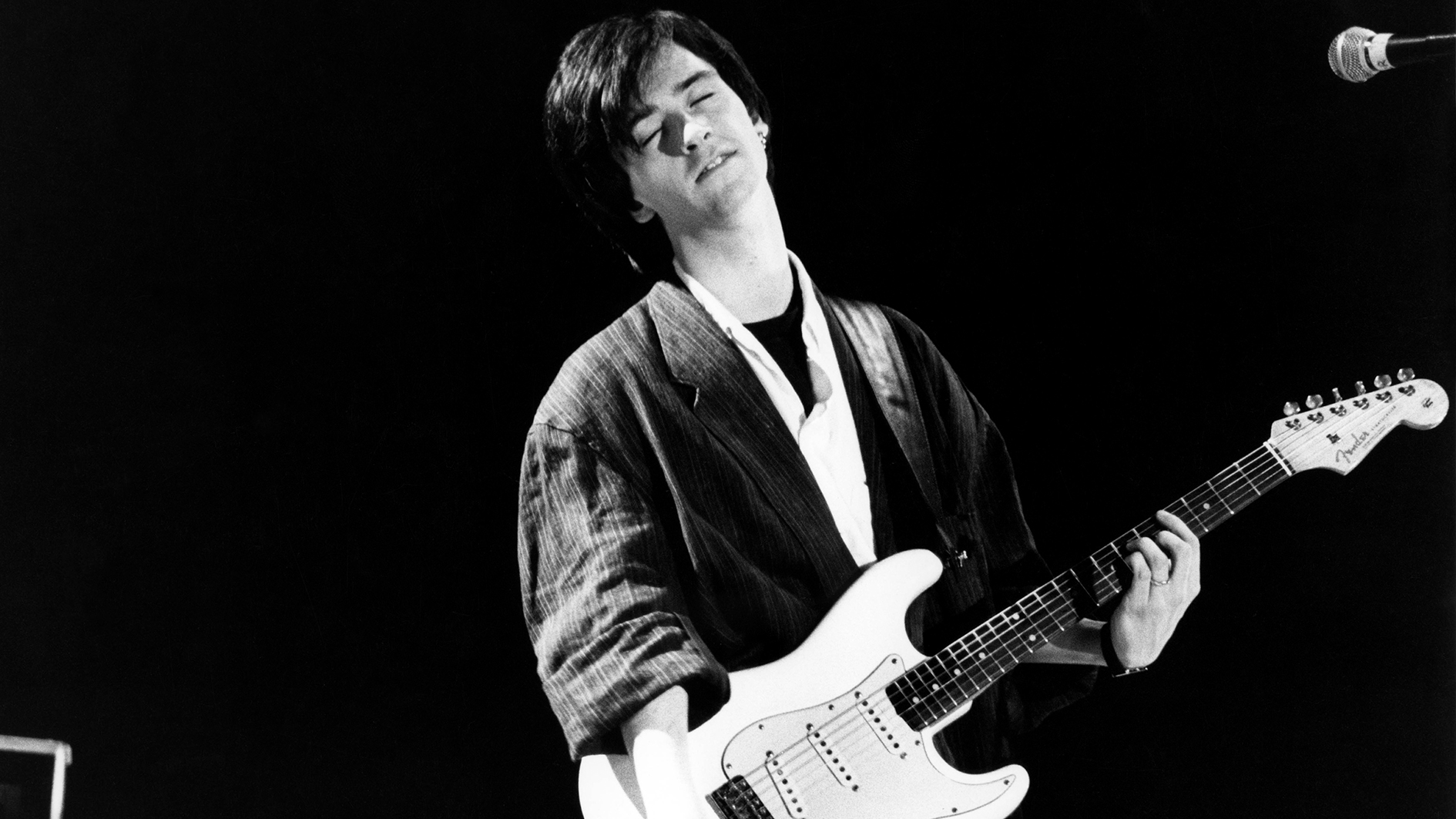


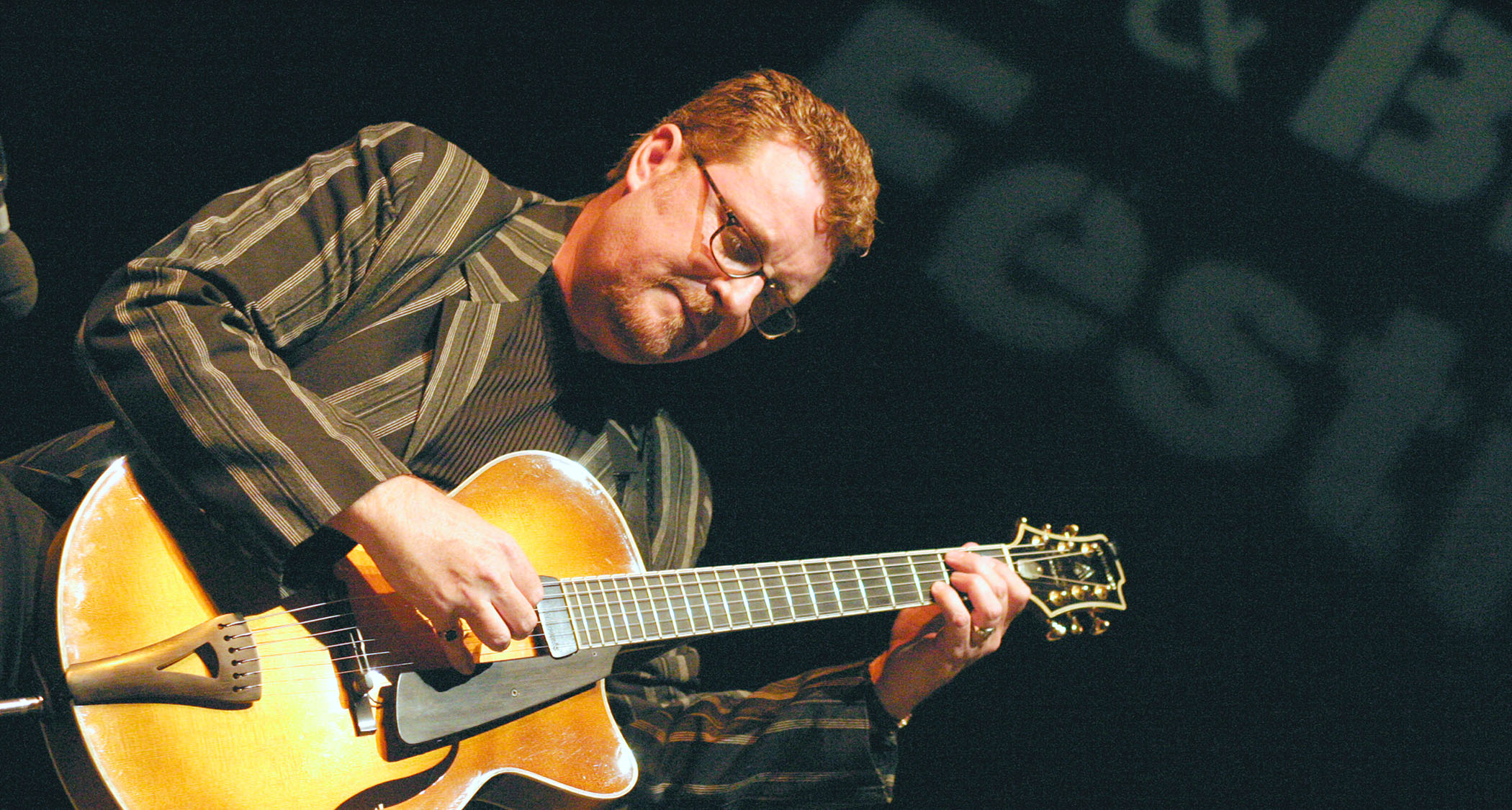

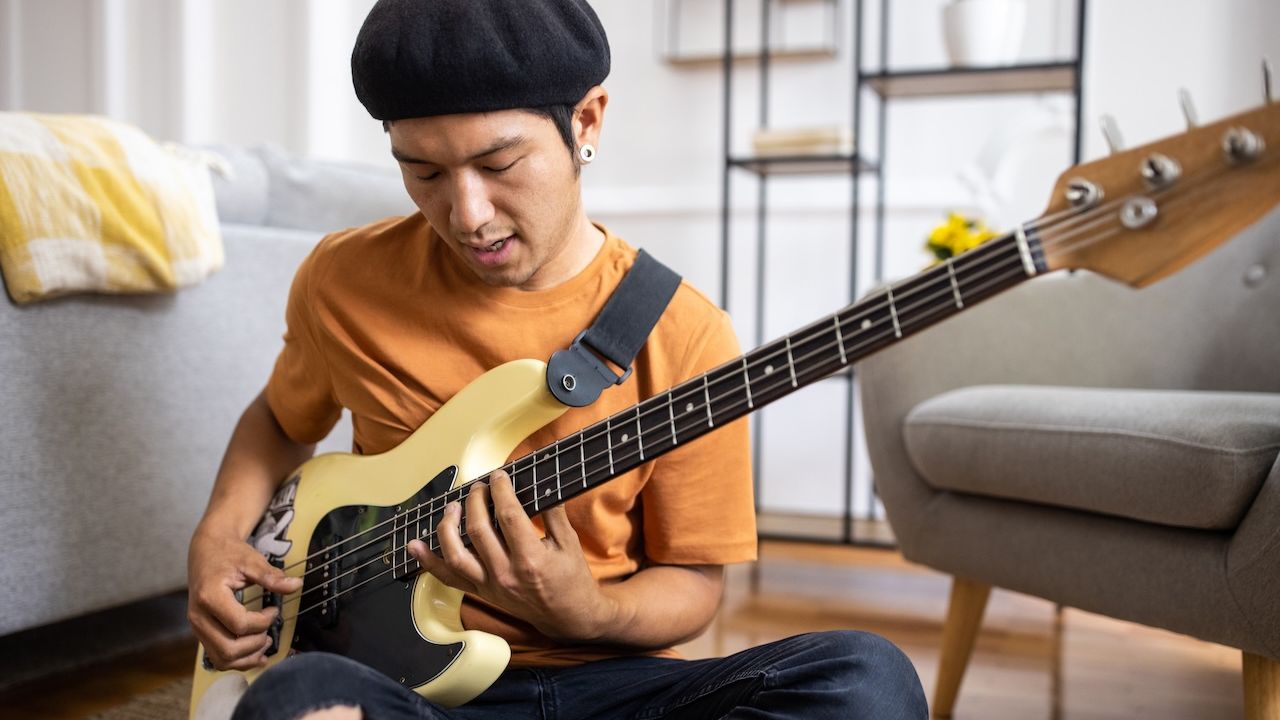

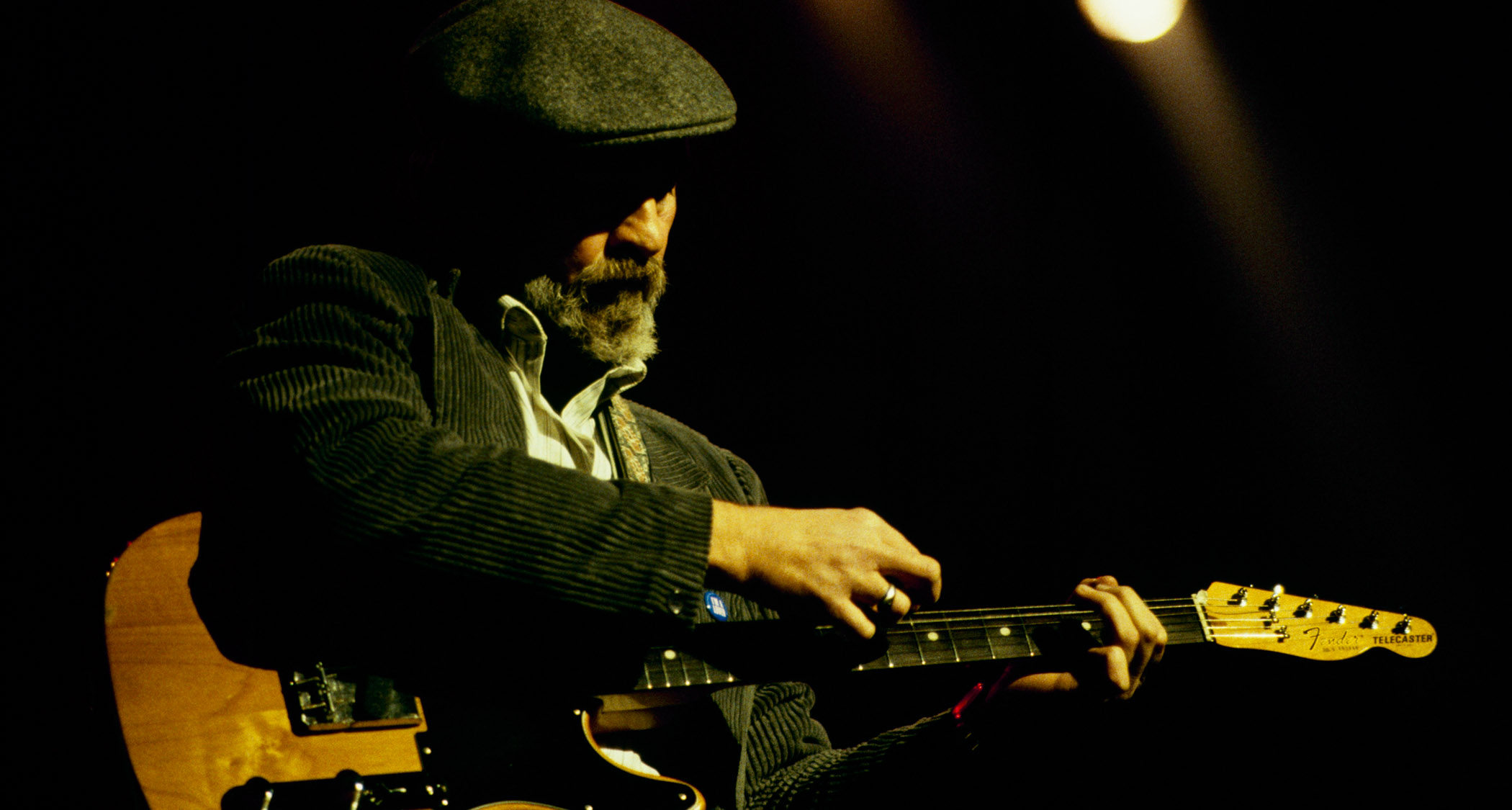
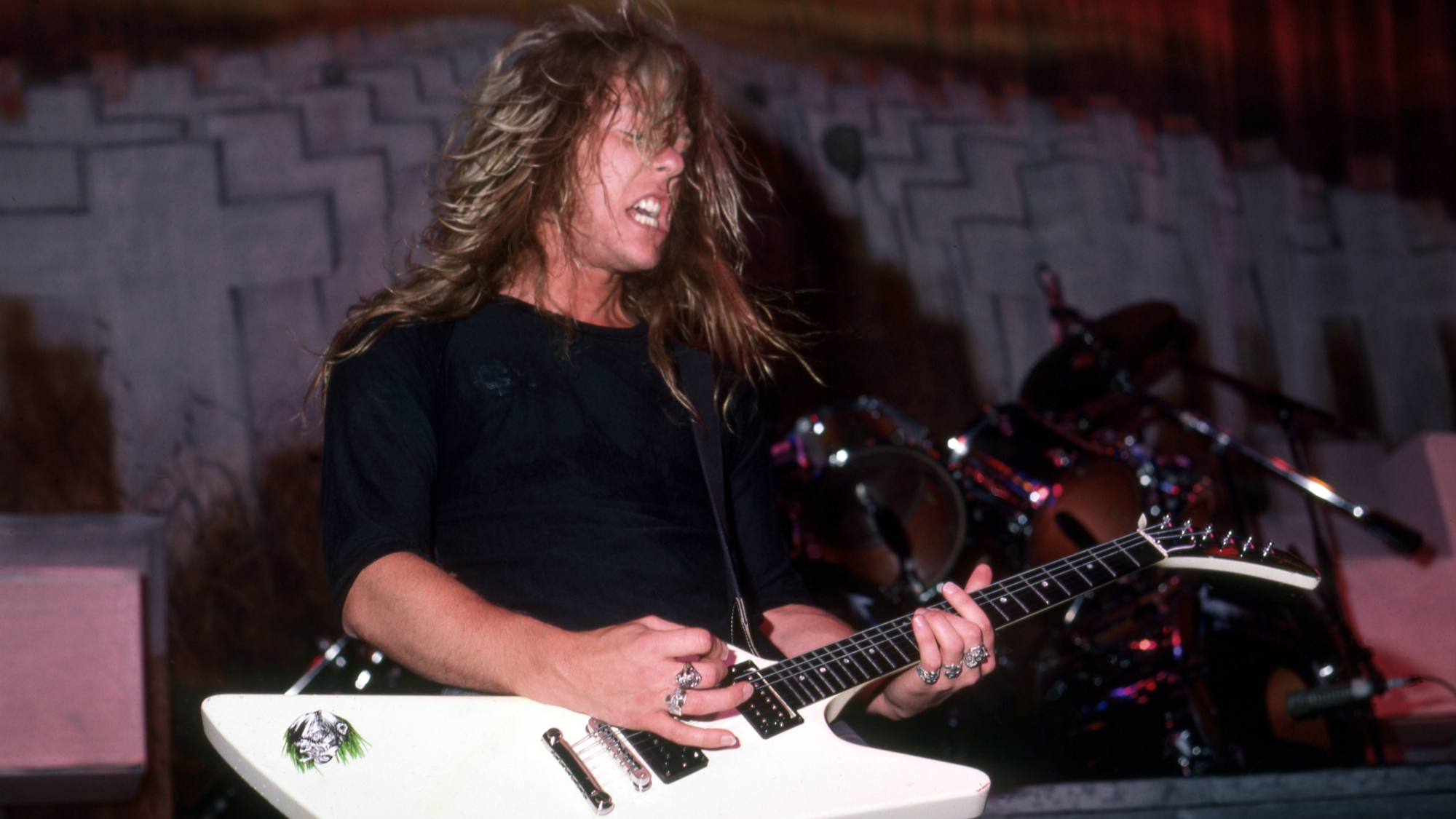
![Joe Bonamassa [left] wears a deep blue suit and polka-dotted shirt and plays his green refin Strat; the late Irish blues legend Rory Gallagher [right] screams and inflicts some punishment on his heavily worn number one Stratocaster.](https://cdn.mos.cms.futurecdn.net/cw28h7UBcTVfTLs7p7eiLe.jpg)
